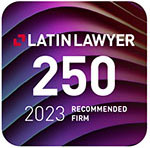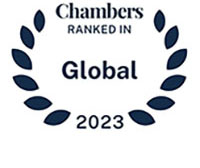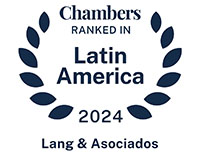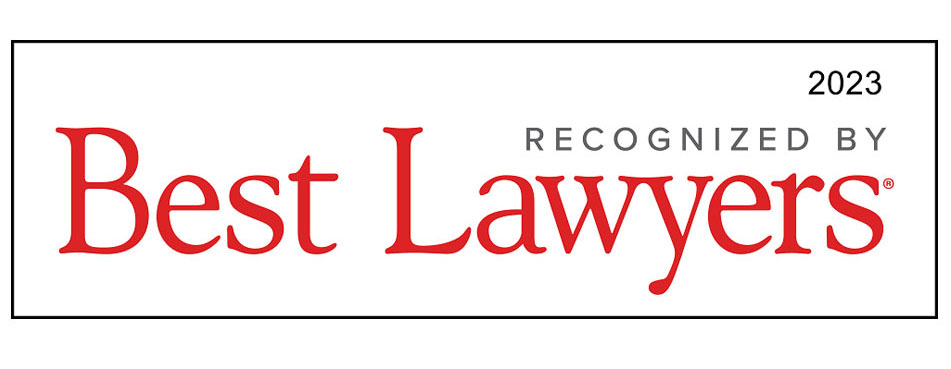The Free Trade Zone (FTZ) Regime is defined, in Costa Rica, as a set of incentives and benefits granted by the government to companies that comply with certain legal requirements and obligations, mainly related to operating in strategic sectors, investment and employment.
FTZ beneficiaries can be located inside or outside the Greater Metropolitan Area (GMA) and inside or outside FTZ Parks (Park Administrator Companies). Their investment obligations and certain benefits will depend on the location, being the investment requirements more lenient for those situated outside of the GMA and inside a FTZ Park. Further, FTZ companies – under the categories of Trading, Services, Park Administrator and Manufacturing companies – that want to be located outside of the GMA have alternatives, in additional to what they will spend in fixed assets, for reaching the minimum investment that shall be complied as part of the commitments to be a FTZ beneficiary.
In Costa Rica, the general rule, for all FTZ projects, is that the investment needs to be made in new assets, defined as:
i. Assets owned by the company that have been acquired by it after the date of submission of the application for the FTZ License.
ii. The industrial units, warehouses, buildings, properties and other real estate assets, new or used, acquired by the FTZ company after the date of submission of the application for the FTZ license and that shall be destined to the company’s operation under such license.
iii. In the case of movable fixed assets, they shall be new or used assets acquired abroad, or new assets acquired in Costa Rica.
iv. Fixed assets subject to security trusts, whose trustor and/or beneficiary is a beneficiary of the FTZ Regime, provided that they are duly registered in the beneficiary’s accounting records.
v. Improvements to owned or leased property.
However, for the above mentioned companies (Trading, Services, Park Administrator and Manufacturing companies) located outside the GMA, there is more flexibility to comply with the investment requirement, as there are other options in addition to the ones indicated above (that could represent up to 50% of the total investment commitment), as follows:
1. Public Infrastructure:
i. Improvement or Construction Projects, such as construction and conservation of bridges, sewage, potable water supply networks, installation and improvement of energy, data and telecommunication transmission lines addressed to improve the infrastructure and coexistence in the county where the company benefiting from the FTZ Regime is established.
ii. Construction, improvement or conservation of the infrastructure of educational centers and community care centers, located in the county where the company is located.
2. Human Capital, understood as the one related to the activity authorized to the company when entering the FTZ Regime, and that is directed to the development of:
i. New skills for the transformation of the activity.
ii. Research and development.
iii. Investment in training of suppliers and providers or potential human resources to be hired.
Therefore, locating your FTZ operation outside the GMA is a great option when the company has challenges complying with the minimum investment requirement in new assets, as there will be other options to meet the required minimums, such as public infrastructure and human capital.
If you are interested in starting an operation in Costa Rica, let us guide through this process, and explore creative and custom-made solutions to make your project a success. At Lang & Asociados we have more than 30 years of experience in this sector and have become one of the leading Law Firms in Costa Rica, which makes us the best choice for your project in the country.


.jpg)




